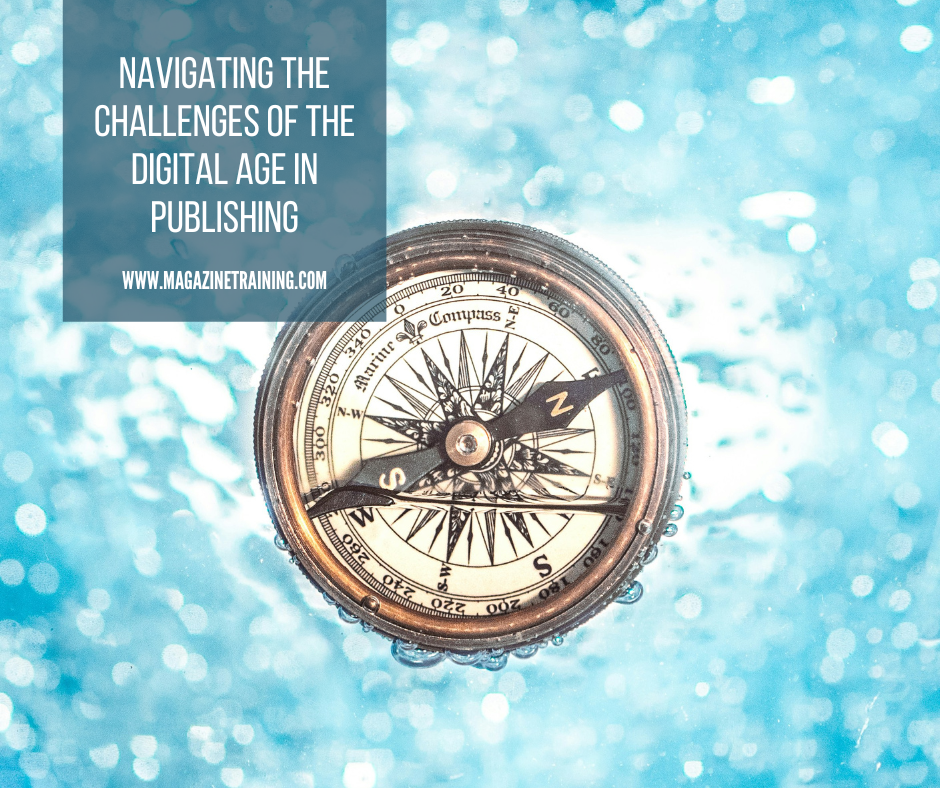
The shift from traditional media to a digital-first approach has significantly impacted the publishing industry. This transformation is driven by rapid technological advancements and changing societal behaviors. Let’s delve into how the publishing landscape is evolving and what strategies can be employed to adapt effectively.
Understanding liquid modernity
We live in an era often referred to as “liquid modernity,” a term coined by sociologists to describe the fluid and rapidly changing nature of modern society. In this context, the traditional structures of time and space are continuously evolving, influencing how we communicate and interact with one another.
“We live in a moment in a society that for many scholars is called the liquid Modernity Society because things are changing very fast.”
In this ever-changing environment, it’s crucial for publishers to stay ahead by understanding these shifts and how they affect audience engagement.
The role of time and space
Historically, time and space were the cornerstones of community and cultural identity. Our routines, traditions, and interactions were deeply rooted in these dimensions. However, the advent of the internet has disrupted this, creating a more interconnected yet fragmented society.
“During the last years we’ve been facing different changes in terms of time and space.”
For instance, people from different parts of the world can now engage in real-time, blurring the lines between local and global communities. This shift necessitates a new approach in how publishers reach and resonate with their audiences.
The impact of digital connectivity
Digital devices and the internet have reshaped our daily lives, making us more connected than ever before. This connectivity changes how we consume information and interact with media.
“We are more and more connected with devices and gadgets that make us in connection with people in different ways.”
For publishers, this means leveraging digital platforms to engage with a broader and more diverse audience. Traditional print media alone no longer suffices; a robust online presence is essential.
Addressing individualism and fragmentation
Modern society is increasingly individualistic, with people seeking content that caters to their personal preferences and needs. This individualism leads to the fragmentation of audiences, each with unique interests and demands.
“You see now more and more things in fragmentation in a way that you don’t have more truth as used to be.”
Publishers must adapt by offering personalized content and experiences. Understanding and analyzing audience data can help in creating targeted content that resonates on a personal level.
Embracing a digital mindset
To thrive in this digital age, publishers need to adopt a digital mindset. This involves more than just using digital tools; it’s about integrating digital thinking into every aspect of the publishing process.
“We have to think more and more in terms of digital mindset.”
A digital mindset encourages innovation, flexibility, and a focus on digital-first strategies. Publishers should explore new formats, such as multimedia storytelling, interactive content, and social media engagement, to capture and retain audience attention.
The future of publishing
The publishing industry is at a crossroads, navigating the challenges and opportunities presented by the digital age. By understanding the implications of liquid modernity, embracing digital connectivity, addressing individualism and fragmentation, and adopting a digital mindset, publishers can remain relevant and successful.
As we move forward, the key to success lies in staying adaptable, continuously learning, and leveraging technology to create meaningful connections with audiences worldwide. The future of publishing is digital, and those who embrace this change will lead the way in this new era of media consumption.
**This is based on the workshop “New models of ‘magazine publishing:’ The evolution of digital social media tools” presented by Dr. Marcos Simas. You can watch the full workshop on-demand for free.**
Photo by Jamie Street on Unsplash
Related posts
Magazine Training International’s mission is to encourage, strengthen, and provide training and resources to Christian magazine publishers as they seek to build the church and reach their societies for Christ.

